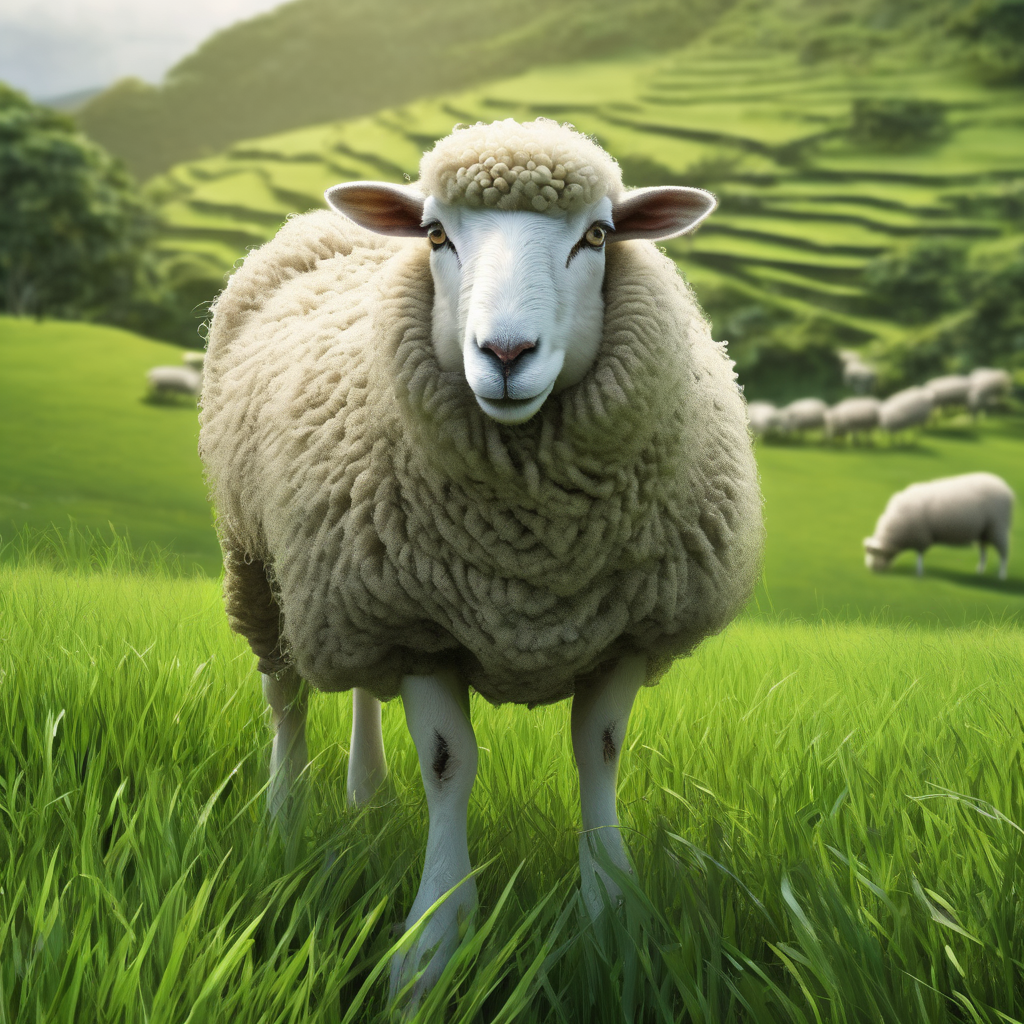Fiji’s sheep industry is experiencing notable growth, particularly in the Western and Northern regions, contributing to job creation, enhanced rural livelihoods, and improved food security. During a recent address to Parliament, Tomasi Tunabuna underscored the strong demand for locally produced sheep, reflecting a robust interest in fortifying the industry.
Tunabuna highlighted the local sheep industry’s capability to generate foreign earnings, especially with potential export opportunities to other Pacific island nations. Fiji has already successfully exported its sheep breed to neighboring Samoa and Tonga, showcasing the industry’s capacity for further market expansion.
To strengthen the sheep sector, Tunabuna called for collaboration with international and regional partners. He stressed the importance of embracing new research, technology, and practices to boost local production and decrease reliance on imported sheep meat. In 2023, Fiji produced merely 149 tonnes of sheep meat while importing a staggering 8,067 tonnes, underscoring the need for increased self-sufficiency. The government aims to increase local sheep meat production by 4.42 tonnes during the current financial year.
An investment of $635,000 has been allocated for the Sheep Research and Extension Initiative, focusing on enhancing sheep breeds, improving nutrition, and reducing losses from diseases and dog attacks, thereby supporting local producers.
Inia Seruiratu, the Opposition Leader, has advocated for the Ministry of Agriculture to receive greater resources to advance the sheep industry. He emphasized that adequate management and nutrition are essential for growth, but these measures incur costs. His appeal highlights the necessity of government support to fully unlock the industry’s potential.
The historical initiatives, such as successful breeding programs that began after a significant quarantine period in 1990, have laid the groundwork for Fiji’s mutton industry. These initiatives facilitated the development of sheep breeds well-suited to local conditions, allowing them to thrive in Fiji’s climate while minimizing environmental impact.
As Fiji commits to strengthening its agriculture sector, these advancements provide a hopeful outlook for farmers. The emphasis on sustainable practices not only addresses potential import challenges but also fosters community bonds through agricultural engagement. With continued support and innovation, the future of Fiji’s sheep industry looks bright, aiming to satisfy domestic needs while enhancing regional trade.
